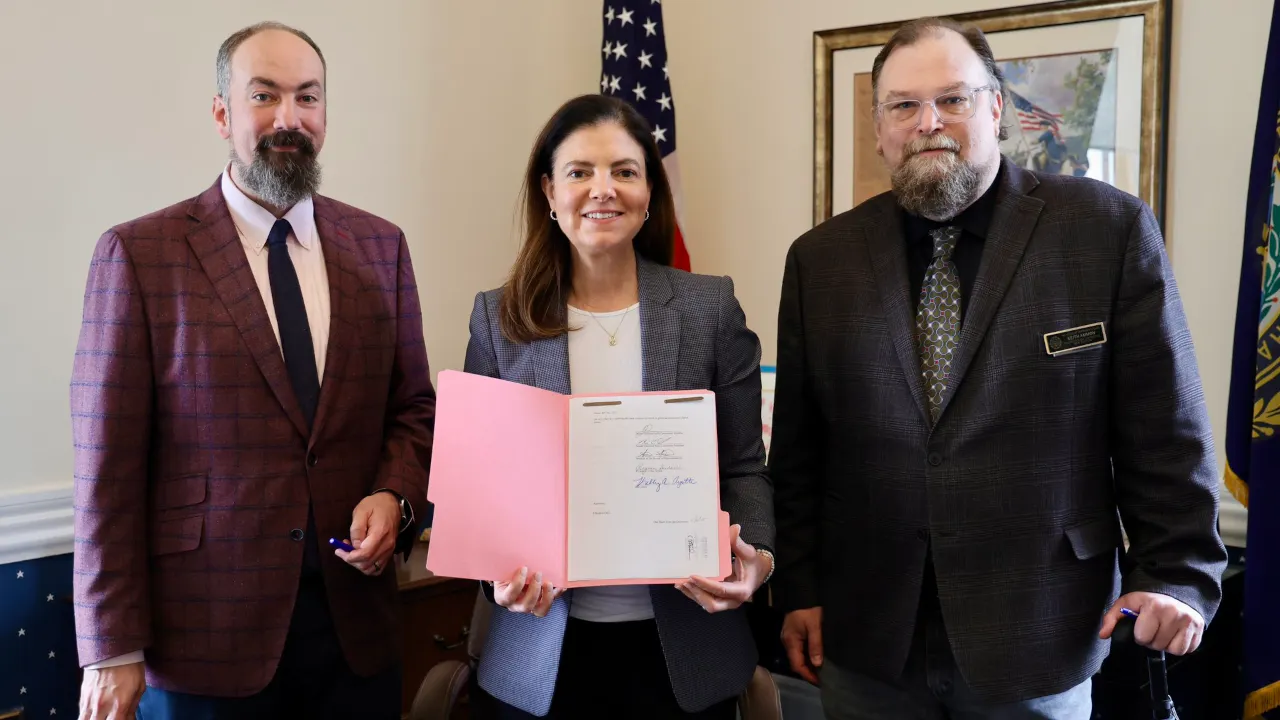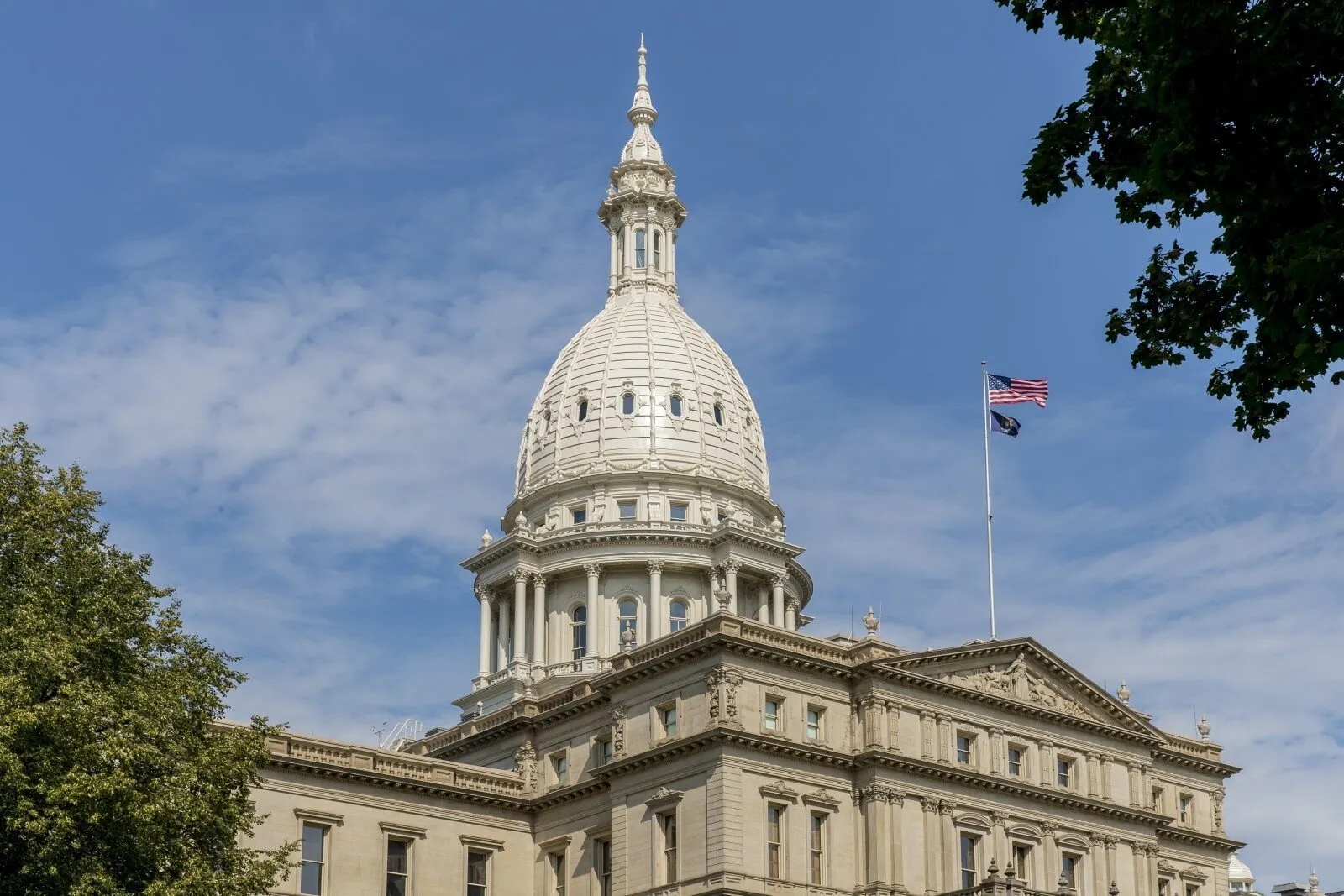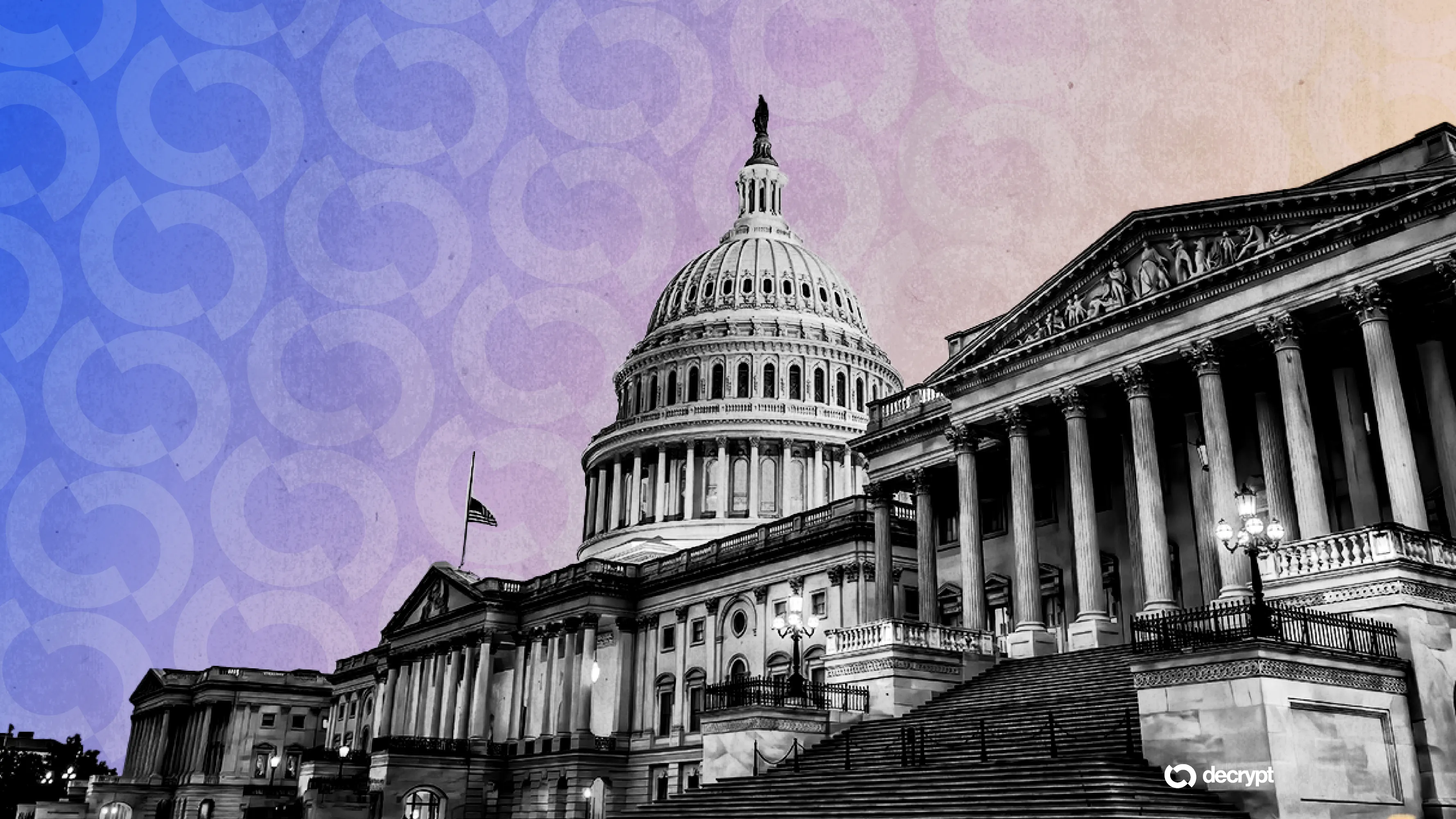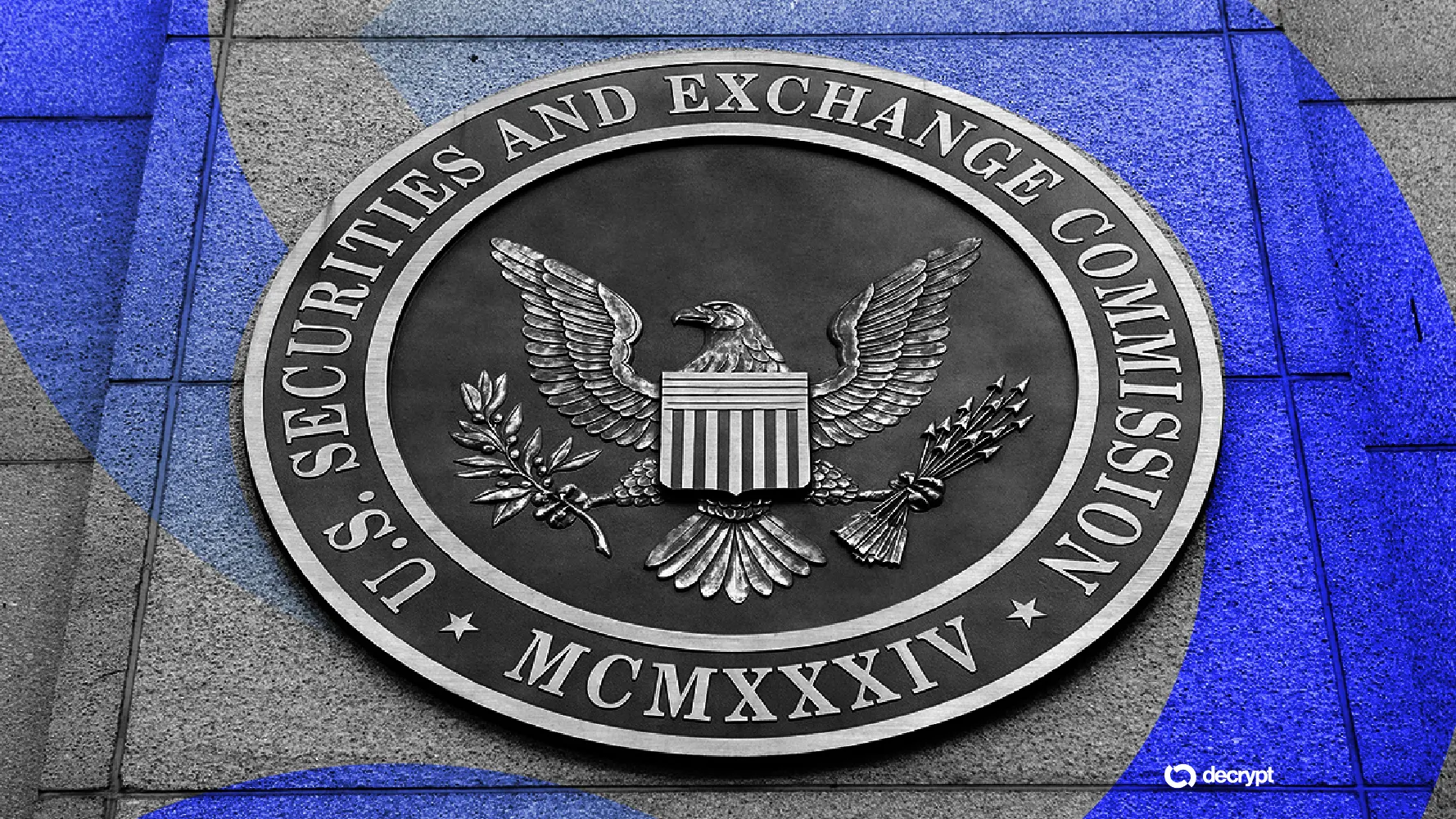In brief
- Michigan lawmakers introduced four crypto-related bills, including HB 4510, which would permit public retirement funds to invest in Bitcoin via regulated exchange-traded products.
- HB 4511 seeks to block state support for U.S. central bank digital currencies, banning any licensing, taxation, or official advocacy of CBDCs by state agencies.
- Two companion bills, HB 4512 and HB 4513, promote Bitcoin mining at abandoned oil wells, offering tax breaks to companies that restore environmental sites in exchange for mining rights.
Four new crypto-related bills were introduced in the Michigan House late Wednesday, joining a growing trend of state-level efforts to define the role of digital assets in public policy.
Rep. Bill Schuette’s (R-MI) House Bill 4510 seeks to allow Michigan’s state treasurer to invest retirement funds in crypto, provided they averaged a market cap of at least $250 billion over the previous year and are held through exchange-traded products.
That threshold effectively narrows eligibility to Bitcoin, which soared past $111,000 on Wednesday and set a new all-time high amid renewed institutional interest.
Assets must be held through exchange-traded products issued by registered investment firms, ensuring regulatory oversight, according to HB 4510.

New Hampshire Becomes First State to Sign Bitcoin Reserve Bill Into Law
New Hampshire is officially on its way towards establishing a Bitcoin reserve, as Governor Kelly Ayotte signed bill HB 302 into law on Tuesday. "New Hampshire is once again first in the nation!" Ayotte wrote on X. " Just signed a new law allowing our state to invest in cryptocurrency and precious metals." Introduced in January, the bill allows the New Hampshire state treasurer to invest up to 5% of public funds in precious metals like gold or silver, or digital assets that averaged a market cap...
The next measure, House Bill 4511, introduced by Rep. Bryan Posthumus (R-MI), takes aim at the federal government’s push for central bank digital currencies.
The bill proposes a state-level ban on any licensing, taxation, or restriction of digital asset holdings and outright prohibits state agencies from advocating for a U.S. CBDC.
“An agency or department of this state shall not advocate for or support... the testing, adoption, or implementation of a [CBDC],” the bill reads.
Meanwhile, Rep. Mike McFall (D-MI) introduced two companion bills, HB 4512 and HB 4513, focused on Bitcoin mining and tax reform.
One establishes a “Bitcoin Program,” allowing private firms to plug abandoned oil or gas wells in exchange for temporary rights to mine Bitcoin using residual fuel sources.
The other offers income and corporate tax deductions for revenue earned through such mining efforts, linking crypto directly to environmental remediation.
If passed, the program would be administered by the state’s Supervisor of Wells, who would maintain a public registry of eligible well sites, solicit annual bids, and ensure that participating miners carry financial responsibility for site restoration.

Texas House Advances Bitcoin Reserve Bill With Bipartisan Backing
The Texas House of Representatives voted Tuesday to approve Senate Bill 21, its state Bitcoin reserve bill, pushing it past a critical legislative hurdle. The House began by adopting an amendment from Representative Linda Garcia (D-TX) that doubled the required market capitalization period from 12 to 24 months. Buoyed by strong bipartisan support, the House passed the Senate Bill 21 with a 105-23 vote, advancing it to a third reading. The bill is a "forward-thinking measure" that would help reco...
Michigan’s legislative push comes as several U.S. states race to either welcome or restrict crypto adoption.
Just hours earlier, the Texas House passed a bill to create a state-managed Bitcoin reserve, sending it to Governor Greg Abbott’s desk.
The bill would allow the state comptroller to invest in any digital asset with a market cap above $500 billion, currently only Bitcoin.
New Hampshire Governor Kelly Ayotte signed a similar bill into law earlier this month, making her state the first in the country to formally authorize crypto and precious metal investments for public funds.
Edited by Sebastian Sinclair




